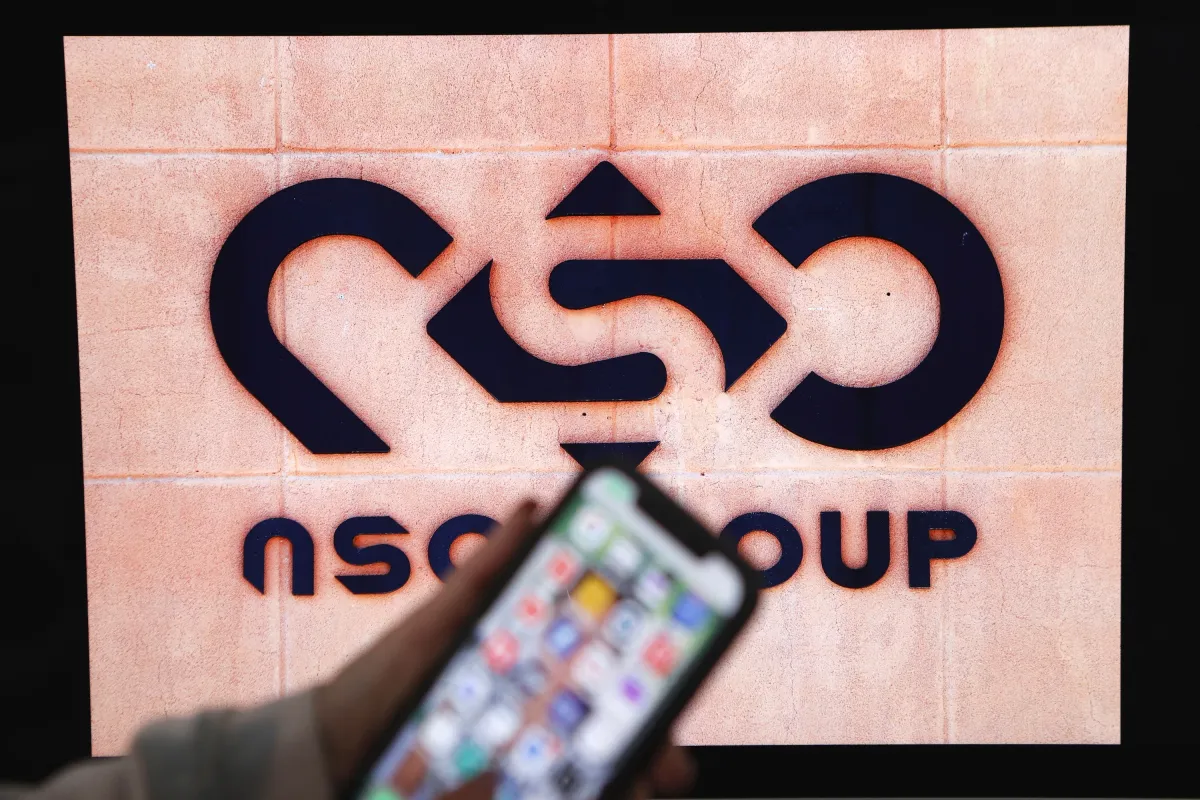Signal App Get Increased Attention after U.S. Security Leak
This week, Signal, an encrypted messaging application, has garnered some unexpected attention.
The plans for an attack on the Yemeni Houthis were communicated by high-ranking officials in the Trump administration, such as Vice President J. D. Vance and Secretary of Defense Peter Hegseth, through a potentially unauthorized group conversation on Signal.
Nevertheless, Atlantic editor-in-chief Jeffrey Goldberg was inadvertently added to the group conversation, which granted him access to these highly confidential discussions. Subsequently, Goldberg published them.
The Signal application did not malfunction or operate in an unanticipated manner. Rather, the addition of a journalist to a conversation about U.S. military plans by mistake is a user error that government security protocols should be able to prevent if they are truly followed.
Appfigures, an app intelligence firm, reported that worldwide Signal downloads on iOS and Google Play were 28% higher than the daily average over the previous 30 days when the Atlantic’s story was broke on Monday.
In the U.S., downloads were up 45% on Monday, and in Yemen, they were up by 42%. Before the scandal, Signal was ranked No. 50 among social media apps in Yemen, but it climbed to No. 9 on Monday.
All communications on Signal are encrypted, meaning that only the individuals in a conversation can see the texts — not even people who work at Signal can know what users are talking about.
But Signal is intended to be a consumer product for secure messaging, not an iron-clad depository for government military plans.
Despite Hegseth’s assertion that “no war plans” were discussed in the Signal conversation, the Atlantic published messages that demonstrate Hegseth detailing the timing of attacks, as well as the armaments and aircraft that would be employed.
As of Thursday, the government continues to investigate this monumental security failure.
news via inbox
Get the latest updates delivered straight to your inbox. Subscribe now!




